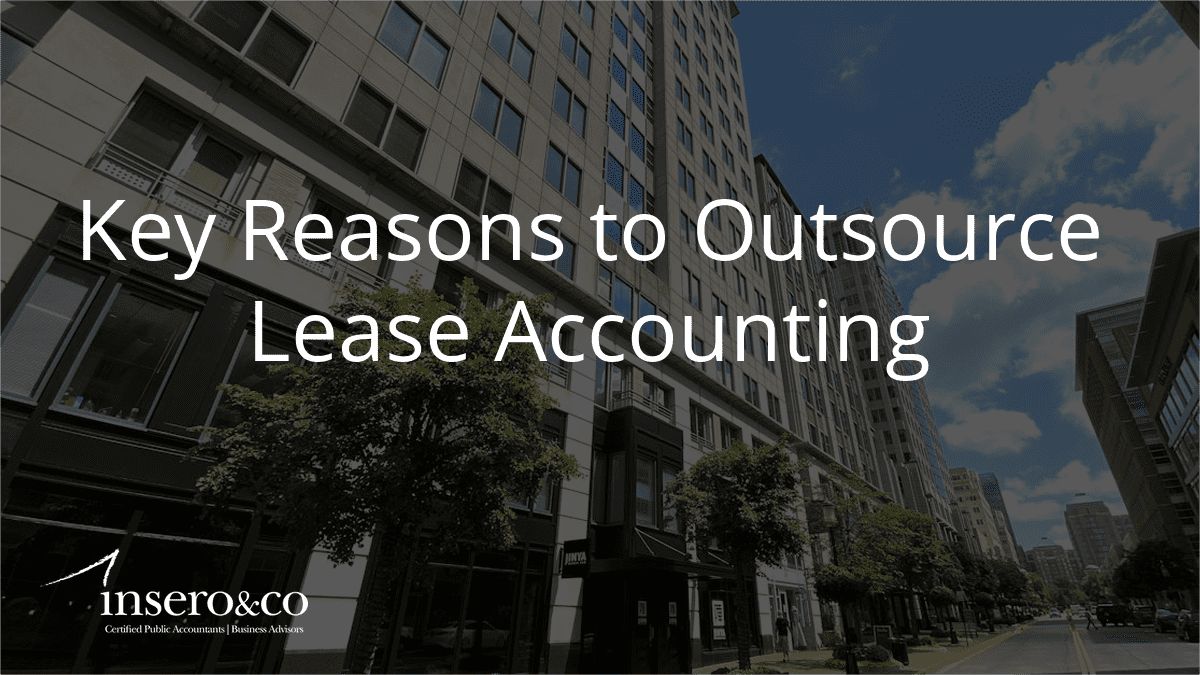Many people, including expats and foreign nationals living in the U.S., own foreign mutual funds or other investments that are incorporated in another country. Many are considered Passive Foreign Investment Corporation (PFIC) investments, which are taxed very differently than U.S.-based investments.
In fact, the taxes on PFICs can reach 50 percent, which makes it critical to understand what PFICs are and what you can do to avoid those high taxes, as well as the fees and interest payments that might otherwise sneak up on you.
Do you own a PFIC?
A Passive Foreign Investment Corporation (PFIC) investment is an investment structure designed by a non-U.S. organization. It includes a wide array of foreign mutual funds, hedge funds, insurance products, private equity funds, and non-U.S. retirement and pension plans.
As you might imagine, the U.S. wants to encourage citizens to invest in U.S.-based funds. The Tax Reform Act of 1986 thus imposed a lot of reporting requirements on PFICs and instituted a complicated tax structure that many investors remain unaware of.
To find out if you are invested in PFICs, talk to your investment advisor.
How can I avoid high taxes?
If you hold PFICs now, or plan to in the future, there are steps you can take to reduce your tax burden—but it is essential that you act right away.
If you have yet to invest or are in the first year of holding PFICs, you can make certain elections that are advantageous from a tax perspective. Using the Mark-to-Market Accounting Method is one option, which involves filing Form 8621, Information Return for Passive Foreign Investment Company. Contact an expert who understands and has experience with international investment accounts to take action now and reduce your exposure to costly fees and taxes in the years ahead.
If you’ve owned PFICs for more than a year, the tax issues become more complicated, although there are still steps you can take to reduce their impact on your bottom line. Again, get in touch with a professional who can look closely at your investments and create the most tax advantageous plan moving forward.
One final tip: If on a past return you were required to file Form 8621 to report your PFICs and you haven’t done so yet, the statute of limitations for that return has not begun to run. That means the IRS has an indefinite amount of time to come back and audit your return, making changes and imposing penalties and fees. Again, time is of the essence. Act now to reduce your costs moving forward.
Need Advice or Support?
Insero & Co. has extensive experience with international investment accounts and can help you develop the most advantageous tax strategy possible for PFIC investments. Our financial professionals have decades of experience working with individuals and businesses, and are available to help you find smart, efficient solutions to your tax and accounting challenges.




